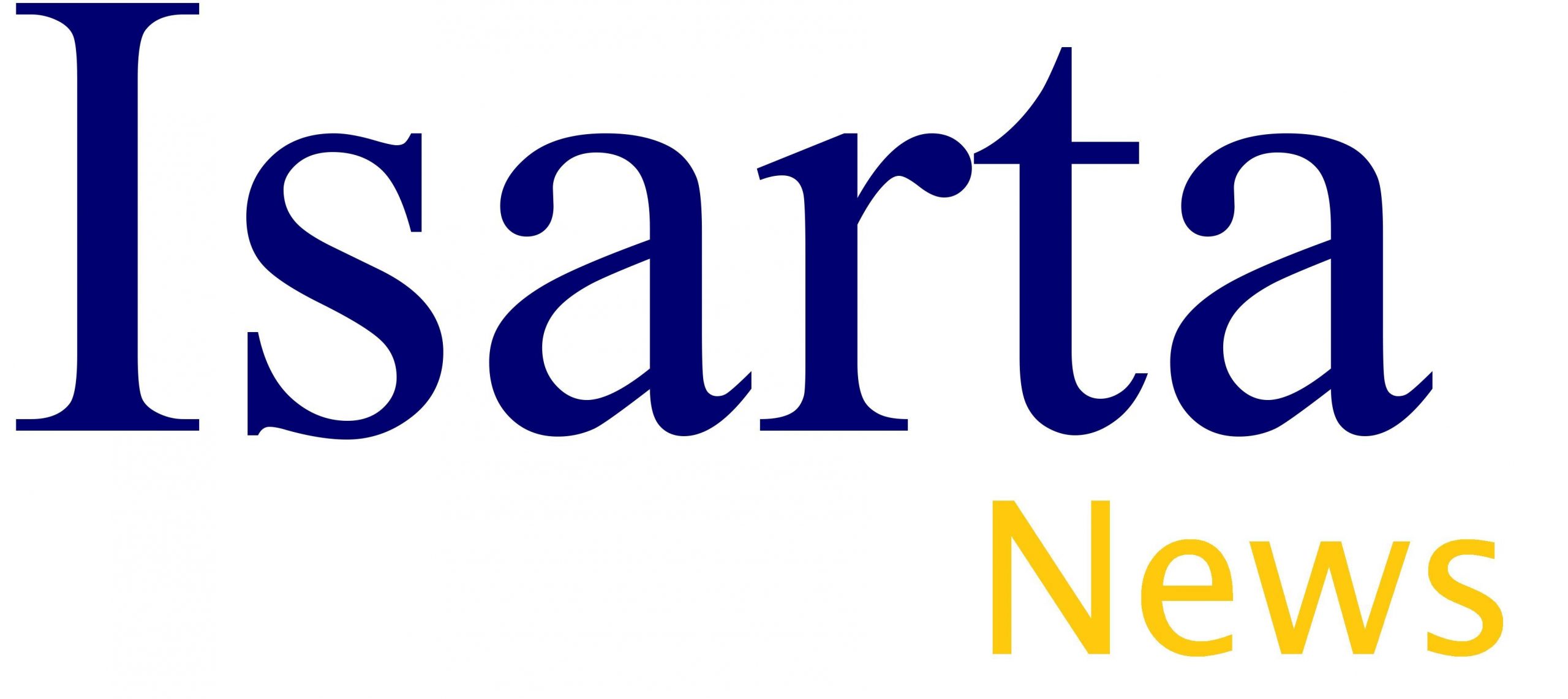In a context of offshoring, it is not always easy to validate the profile of the candidates you hire. Especially when they operate remotely, in another city or another state. Toronto-based ZippedScript has created an application to quickly confirm a candidate’s college and university degrees.
In his sales pitch, founder and CEO Chris Harper highlights a phenomenon that often flies under the radar of recruiters, namely that many professionals on LinkedIn brazenly lie in the “Education” section of their profile.
He points to the rather staggering case of Binance, the global cryptocurrency exchange platform, which revealed this summer that just under 7,000 professionals claimed to work for it on LinkedIn (!)
A 2020 survey by LendEDU gives a comprehensive view of the phenomenon, revealing that 34% of those surveyed admitted to lying on their LinkedIn profile.
Ask the question… directly to the schools!
ZippedScript’s solution is ultimately quite simple: to verify a candidate’s credentials, simply cross-check the information directly with the schools. The Toronto team has developed an application that “automates” a portion of this verification.
Here’s how it works: the employer submits a candidate’s name and email. The application contacts the applicant by email, asking for access codes to the college or university’s academic platform. ZippedScript logs in for you, to verify that the courses have been completed. The operation costs $4.99 per verification and takes only about 30 seconds, the site claims. So far, the Toronto-based startup has authenticated nearly 15,000 applications.
The employer interface is quite simple:

Chris Harper explains that the operation is automated, that no one at ZippedScript can see your candidate’s notes. Most importantly, no access codes are stored on the platform.
In addition, ZippedScript offers a free service directly to candidates. They can submit their access codes to validate the diplomas posted on their Linkedin profile. At the end of the process, the Toronto-based application offers a LinkedIn “badge” that acts as proof of validation of credentials.
However, you must first have the access codes of the school you attended. This prerequisite can create friction for Millennial or Generation X applicants who attended their school in the “pre” digital era. Then you have to agree to share your personal information with the Toronto company.
There is some reluctance, but it’s minimal,” says Harper. Even though we have users from different age groups, our solution is indeed more suited for recent graduates – within the last ten years. The future of auditing is digital,” he insists.
In addition, he reports that several people who graduated in the 1980s and 1990s have used the “forgotten access codes” feature to contact their educational institution and obtain access to their report cards.
It all depends on the willingness of applicants to check their own credentials,” concludes the CEO.




